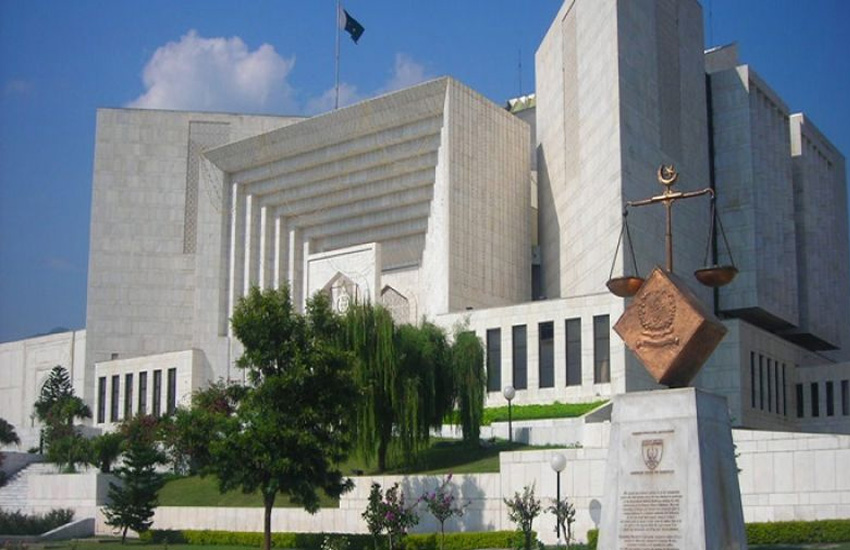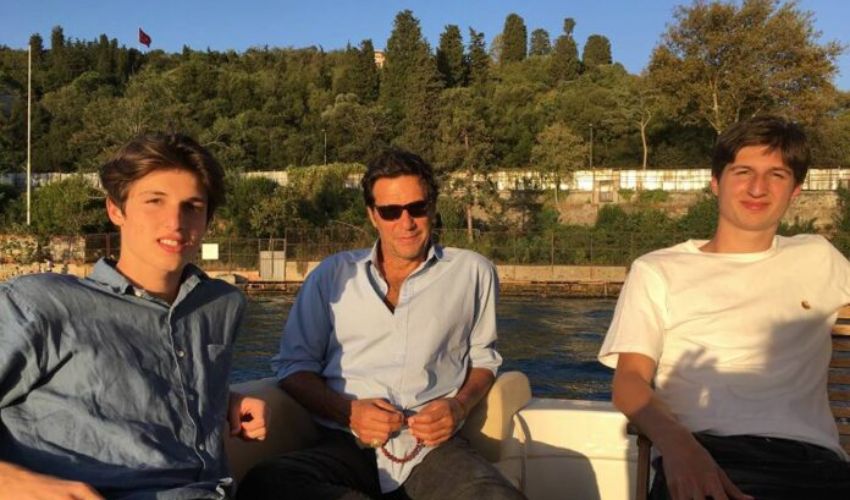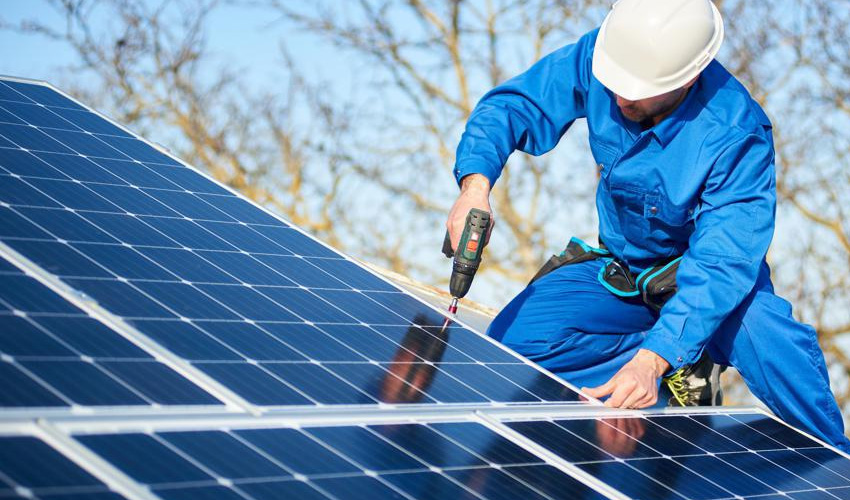The Supreme Court on Thursday released a corrected judgment in the Mubarak Sani case, responding to an application filed by the Federation of Pakistan and the Punjab government seeking amendments to the original verdict delivered on July 24, 2024.
The revised judgment came after religious scholars raised objections to specific paragraphs in the earlier ruling.
The court acknowledged the application, which highlighted concerns regarding paragraphs 7, 42, and 49 (c) of the July judgment. During the proceedings, representatives of prominent scholars, including Mufti Muneebur Rahman and Hafiz Naeemur Rahman, presented arguments emphasising their dissatisfaction with the religious implications of the disputed paragraphs.
Following a thorough examination of the concerns, the court agreed to delete the impugned sections from both the February 6 and July 24 judgments.
In a significant development, the court noted that the deletion of the paragraphs was not merely a procedural correction but aimed at addressing the scholars' concerns comprehensively.
The revised judgment now clearly states that the previously cited paragraphs cannot be used as legal precedents, and the trial court is instructed to decide the case strictly by the law, free from the influence of the deleted content.
The Supreme Court's ruling also referenced the importance of considering recommendations from the Islamic Ideological Council on related issues. Advocates representing the scholars expressed their unanimous agreement that a complete rewriting of the judgment was necessary to avoid further confusion.
The case, which dates back to March 2019, involves accusations against members of the Ahmadiyya community in Punjab for distributing a controversial commentary on the Quran known as "Tafseer-e-Sagheer."
This led to legal action under several provisions of the law, including the Punjab Qur'an (Printing and Recording) Act 2010, which penalizes non-Muslims for distorting Quranic interpretations.
Mubarak Ahmad Sani, arrested in January 2023 for his alleged involvement in distributing this commentary, had faced significant legal hurdles. His appeals for bail were initially denied by both the Additional Sessions Judge and the Lahore High Court.
However, the Supreme Court granted him bail on February 6, 2024, leading to widespread protests and criticism from religious groups.
In response to the public outcry and the complexity of the case, the Supreme Court's latest ruling aims to clarify legal standing and alleviate concerns raised by religious authorities. As the judicial process unfolds, stakeholders are keenly observing the implications of the revised judgment on ongoing legal proceedings.



























